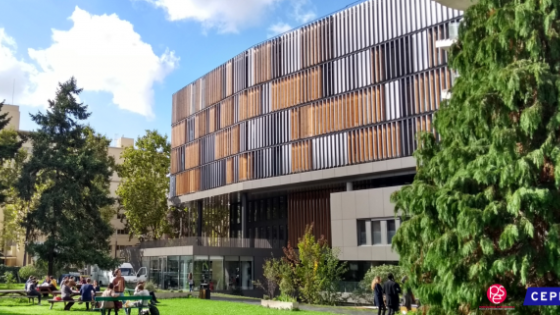DP10308 The Long Run Human Capital and Economic Consequences of High-Stakes Examinations
Cognitive performance during high-stakes exams can be affected by random disturbances that, even if transitory, may have permanent consequences for long-term schooling attainment and labor market outcomes. We evaluate this hypothesis among Israeli high school students who took a series of high stakes matriculation exams between 2000 and 2002. As a source of random (transitory) shocks to high-stakes matriculation test scores, we use exposure to ambient air pollution during the day of the exam. First, we document a significant and negative relationship between average PM2.5 exposure during exams and student composite scores, post-secondary educational attainment, and earnings during adulthood. Second, using PM2.5 as an instrument, we estimate a large economic return to each point on the exam and each additional year of post-secondary education. Third, we examine the return to exam scores and schooling across sub-populations, and find the largest effects among boys, better students, and children from higher socioeconomic backgrounds. The results suggest that random disturbances during high-stakes examinations can have long-term consequences for schooling and labor market outcomes, while also highlighting the drawbacks of using highstakes examinations in university admissions.


